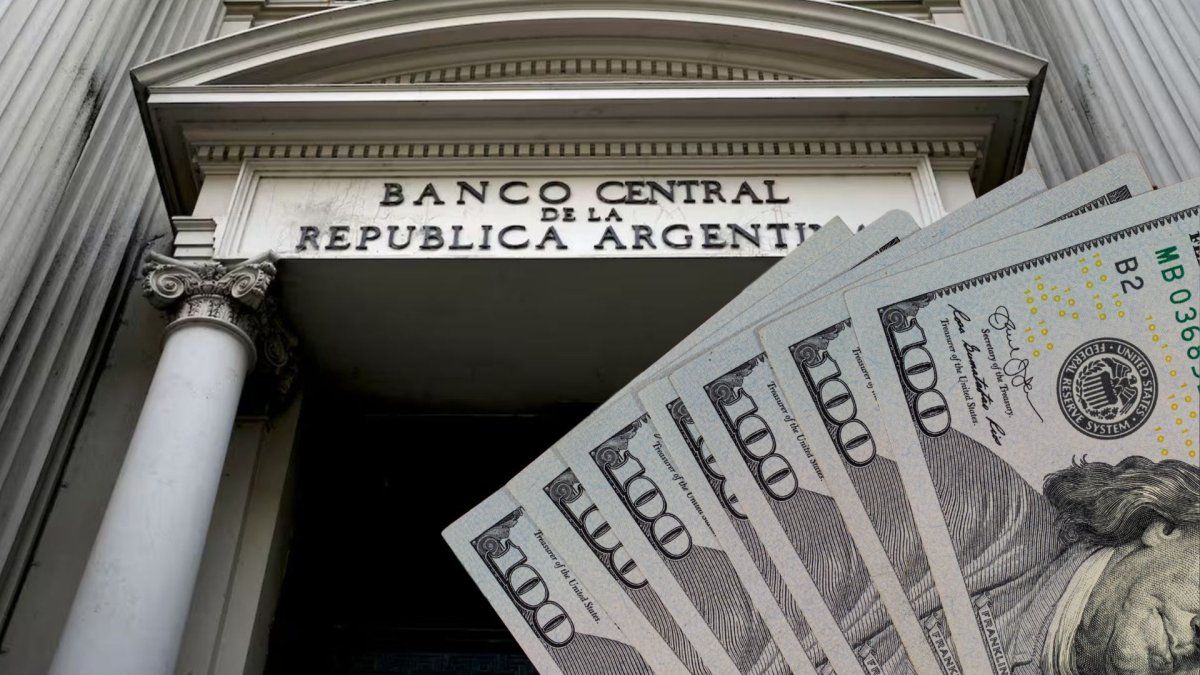It’s been five years since the British voted in a narrow referendum to leave the EU. A historic cut for everyone involved – one that is likely to have an impact for a long time to come.
“The British people have spoken and the answer is: we are out” – with these words BBC presenter David Dimbleby announced the result of the EU referendum in Great Britain after a long election night. On June 23, 2016, the British voted 52 to 48 percent for their country to leave the European Union. A sensation, a shock, a tremor.
Five years later, the UK is actually out. The last ropes were cut six months ago. But the issue of Brexit is still not off the table. It is true that London and Brussels have laboriously agreed on an exit treaty and a trade agreement over years of negotiations. But implementation is so difficult that relationships are at rock bottom.
Political scientist: Johnson benefits from tension with the EU
The topics have hardly changed over the years. There is the question of how the fragile peace in Northern Ireland can be preserved without the unifying EU bracket between the British province and EU member Ireland. There are the rights of EU citizens in the UK. And there is the emotionally charged squabble over fishing rights.
Sometimes EU citizens are put in custody in Great Britain because they do not have a valid visa. Dozens of French fishermen set out to protest to the island of Jersey, which belongs to the British Crown, because their fishing rights have been curtailed. And now also the “sausage war”. Because meat and sausage products may soon no longer be allowed to be imported into Northern Ireland due to different hygiene rules, Great Britain is threatening to unilaterally override the Brexit rules for trade with Northern Ireland. This Northern Ireland solution had been struggling for years in order to keep the border with the Republic of Ireland open and at the same time to protect the EU internal market.
The ongoing dispute is no coincidence, believes Anand Menon, a political professor at King’s College in London. “Boris Johnson benefits from the fact that there is a certain tension with the EU because Johnson’s political coalition consists of Leave voters,” he told the German press agency.
The dispute with Brussels is likely to remain part of British politics
The Tory politician Johnson replaced his hapless predecessor Theresa May in the summer of 2019 and won an overwhelming majority in an early parliamentary election a few months later with the promise to “pull off Brexit” – at the expense of the Labor Social Democrats, who hold a large part of their Strongholds in the formerly deep red north of the country are lost.
Johnson kept his promise. Therefore, it apparently hardly matters that Brexit has so far hardly brought any of the advantages promised in the referendum. From £ 350 million supposedly free for the NHS health service to fabulous trade deals with the US, China and India, hardly anything has been realized so far.
The real success of Brexit lies in British domestic politics – at least for those who benefited from it. According to Menon, a fundamental realignment of voter groups can be observed in Great Britain. “We have always divided politics into classes: one side was economically oriented on the left, the other on the right,” explains the researcher. But that has changed. Johnson’s Conservative Party must manage the balancing act between voters on both sides of these opposing poles. The unifying element is the rejection of Brussels.
It is uncertain whether this will work in the long term. Because what you can currently rely on in British politics is above all the volatility of voters, says the researcher. For the foreseeable future, however, the dispute with Brussels should remain an integral part of British politics. Brexit, as it were, as perpetual motion machine: once set in motion, there is never more peace. Menon believes that the EU has an interest in Britain failing Brexit.
Brexit and Corona have welded the EU together
Hardly anyone in Brussels would express this so openly. However, in the years after the Brexit vote, EU politicians basked in the satisfaction that they managed the painful separation process in a somewhat composed, professional and regulated manner, in contrast to the political capers in London. Brexit is likely to have strengthened rather than weakened the EU-27.
The dispute over the Northern Ireland rules reveals the contradiction: EU Commission chief Ursula von der Leyen and her responsible deputy Maros Sefcovic persistently insist on the recently agreed contracts with London. You can rely on the almost knee-jerk indignation over the unreliability of the British in the EU countries. For Johnson and Co, complaining from Brussels is a gift, because in the “sausage dispute” they can denounce the fussy petty spirit that their voters suspect around every corner in the European quarter in Brussels.
The EU might also be different without Brexit: The corona pandemic has given the Commission even more weight, be it in the procurement of vaccines or the distribution of billions for economic recovery. The EU is still brooding over reforms, but the crisis has in fact welded them closer together. Would the British ever have gone along with it if the historic referendum five years ago had turned out differently?
David William is a talented author who has made a name for himself in the world of writing. He is a professional author who writes on a wide range of topics, from general interest to opinion news. David is currently working as a writer at 24 hours worlds where he brings his unique perspective and in-depth research to his articles, making them both informative and engaging.



